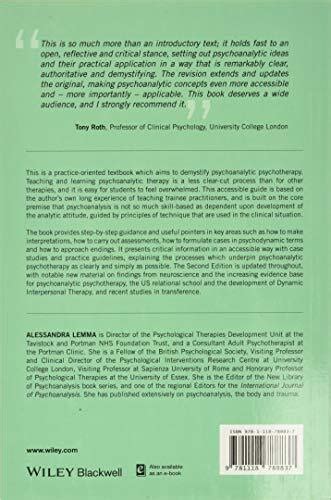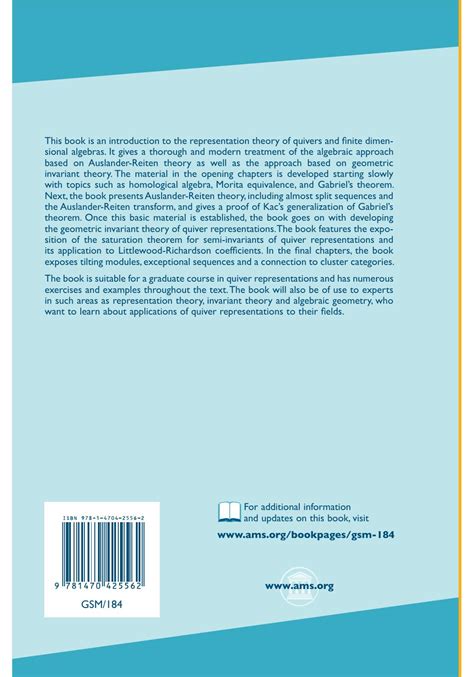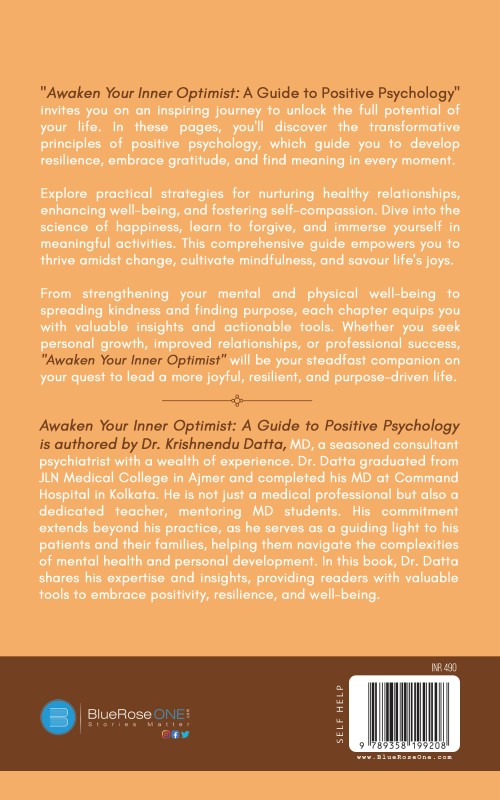In today’s fast-paced work environment, achieving career success requires more than just technical skills and ambition. Mindful self-compassion offers a powerful, often overlooked approach to personal and professional growth. By practicing self-kindness and mindfulness, individuals can overcome self-doubt, reduce stress, and build resilience, allowing them to face career challenges with confidence and clarity. This guide will explore the science behind mindful self-compassion and its benefits in advancing your career. We’ll also cover practical techniques for cultivating self-compassion, overcoming self-criticism, and incorporating these practices into your daily work routine. Discover how embracing self-compassion can transform your professional life and lead to lasting success and well-being.
terylblog.com will lead an exploration of this topic in detail.
1. Introduction to Mindful Self-Compassion
Mindful self-compassion is a practice that combines mindfulness with self-compassion, creating a powerful tool for personal and professional development. At its core, it involves treating yourself with the same kindness, care, and understanding that you would offer a close friend during difficult times. Instead of being overly critical or judgmental when faced with challenges, mindful self-compassion encourages a gentle, supportive approach, acknowledging that everyone experiences setbacks and struggles.
The practice draws from two key concepts: mindfulness and self-compassion. Mindfulness is the ability to stay present in the moment without being overwhelmed by negative emotions, while self-compassion involves extending warmth and acceptance toward oneself. When combined, these practices create a mindset that fosters emotional resilience, helping individuals manage stress, overcome self-doubt, and maintain a balanced perspective in their personal and professional lives.
In the context of career success, mindful self-compassion can be transformative. It allows individuals to approach setbacks with a growth mindset, navigate workplace challenges more effectively, and cultivate a sense of inner calm, even in high-pressure situations. This approach not only enhances well-being but also leads to improved decision-making, better relationships, and greater career satisfaction.

2. The Science Behind Mindful Self-Compassion
The science behind mindful self-compassion is rooted in psychology and neuroscience, showing how it positively affects emotional well-being and resilience. Studies reveal that practicing self-compassion activates the parasympathetic nervous system, which helps reduce stress and anxiety by lowering cortisol levels, the body’s primary stress hormone. When individuals approach themselves with kindness and understanding, they foster emotional regulation, making it easier to navigate challenges without becoming overwhelmed.
Research by Dr. Kristin Neff, a pioneer in the field, demonstrates that self-compassion leads to greater motivation and perseverance. Unlike self-criticism, which can undermine confidence and increase fear of failure, self-compassion encourages a balanced view of mistakes, seeing them as opportunities for growth rather than personal shortcomings. This approach nurtures a mindset of learning and adaptability, which is essential for career success. By engaging both the brain and body, mindful self-compassion creates a foundation for lasting personal and professional growth.

3. Benefits of Mindful Self-Compassion in Career Advancement
Mindful self-compassion offers numerous benefits that directly contribute to career advancement. By fostering a kind and understanding relationship with oneself, professionals can overcome setbacks more effectively, turning challenges into opportunities for growth. This approach encourages a growth mindset, where failures are seen as part of the learning process rather than as personal flaws. As a result, individuals build resilience, enhancing their ability to bounce back from difficult situations and maintain long-term career progress.
Additionally, self-compassion reduces the impact of stress and anxiety in the workplace. With lower stress levels, individuals can make clearer decisions, engage in healthier communication, and approach problems with a calm and focused mindset. This mental clarity also enhances creativity and problem-solving skills, which are essential for career growth.
Mindful self-compassion also improves emotional intelligence, helping professionals better navigate interpersonal relationships at work. By fostering empathy and reducing self-criticism, individuals can connect more effectively with colleagues and supervisors, building stronger professional networks that support career development and long-term success.

4. Practical Techniques for Cultivating Self-Compassion
Cultivating self-compassion involves practical techniques that integrate mindfulness and kindness into daily routines. One effective method is to practice self-kindness through positive self-talk. When faced with challenges or mistakes, replace self-criticism with supportive and encouraging words, as if speaking to a friend. This shift helps build a more compassionate inner dialogue.
Another technique is mindfulness meditation. Set aside a few minutes each day to focus on your breath and observe your thoughts without judgment. This practice increases awareness of your emotions and promotes a non-reactive stance towards them, fostering a greater sense of self-compassion.
Journaling is also beneficial. Write down your thoughts and feelings, particularly those related to self-criticism or stress. Reflect on these entries with kindness and understanding, identifying patterns and offering yourself encouragement.
Additionally, engage in self-care activities that nurture your well-being, such as exercise, hobbies, or relaxation techniques. These practices help reinforce a positive self-relationship and remind you to treat yourself with the same care you offer others. Regularly incorporating these techniques into your routine enhances self-compassion and supports overall personal and professional growth.
5. Overcoming Self-Criticism and Building Resilience
Overcoming self-criticism and building resilience are key aspects of mindful self-compassion. To address self-criticism, start by recognizing negative self-talk and consciously reframing these thoughts with self-kindness. Instead of harsh judgments, practice treating yourself with the same compassion you would offer a friend. This shift reduces the emotional impact of self-criticism and fosters a more supportive inner dialogue.
Building resilience involves developing a growth mindset. Embrace setbacks as opportunities for learning and growth rather than as personal failures. By viewing challenges through a lens of self-compassion, you can maintain motivation and perseverance, even when facing difficulties.
Regular mindfulness practice helps enhance resilience by promoting emotional regulation and stress management. By staying present and non-reactive, you build the capacity to handle adversities with greater ease. Incorporating these practices into daily life strengthens your ability to bounce back from challenges, fostering a more resilient and compassionate approach to personal and professional growth.
6. Real-Life Success Stories: Professionals Who Embrace Self-Compassion
Real-life success stories of professionals who embrace self-compassion highlight its transformative impact on career advancement and personal growth. One notable example is Dr. Kristin Neff, a pioneering researcher in the field of self-compassion. Her journey from academic challenges to becoming a leading expert illustrates how self-compassion can turn personal setbacks into professional triumphs. By applying self-compassion, she overcame periods of self-doubt and criticism, ultimately achieving significant advancements in her career.
Another example is Arianna Huffington, founder of The Huffington Post and Thrive Global. After experiencing burnout and health issues, she embraced self-compassion as a key component of her wellness philosophy. This shift not only improved her well-being but also inspired her to advocate for a more compassionate approach to work and life, leading to the creation of Thrive Global, which focuses on stress management and self-care.
These stories demonstrate that self-compassion enables professionals to navigate challenges with resilience and confidence. By adopting a kinder, more understanding approach to themselves, these individuals have achieved remarkable success and well-being, illustrating how self-compassion can be a powerful tool for career growth and personal fulfillment.
7. Incorporating Self-Compassion into Daily Work Routine
Incorporating self-compassion into your daily work routine can significantly enhance both well-being and productivity. Start by setting aside a few moments each day for mindfulness practice. Begin your workday with a brief meditation session to center yourself and cultivate a compassionate mindset. This practice helps you approach tasks with greater clarity and reduces stress.
During work, regularly check in with yourself. When faced with challenges or mistakes, pause to acknowledge your feelings without judgment. Use self-kind words and remind yourself that setbacks are part of the growth process. This approach can alleviate self-criticism and foster a more supportive inner dialogue.
Integrate self-care practices into your schedule, such as taking short breaks to rest and recharge. Prioritize tasks to avoid overwhelm, and allow yourself flexibility when needed. By embedding self-compassion into your daily routine, you build a resilient mindset that supports long-term career success and personal fulfillment.
8. Mindful Self-Compassion and Stress Management
Mindful self-compassion plays a crucial role in effective stress management. By combining mindfulness and self-compassion, individuals can significantly reduce the impact of stress on their well-being. Mindfulness helps you stay present and aware of your thoughts and emotions without becoming overwhelmed. This awareness allows you to recognize stress triggers and respond to them in a calm and measured way.
Self-compassion complements mindfulness by encouraging a kinder and more understanding attitude towards yourself during stressful times. Instead of being self-critical, which can exacerbate stress, self-compassion involves treating yourself with the same care and empathy you would offer a friend. This approach reduces feelings of isolation and self-blame, which often accompany stress.
In practice, you can use mindful self-compassion techniques such as deep breathing exercises and compassionate self-talk during high-pressure situations. Regular mindfulness meditation can also help build resilience against stress, enhancing your ability to manage challenging circumstances effectively. By integrating these practices into your daily life, you create a supportive mental framework that helps mitigate stress, promotes emotional balance, and fosters a healthier, more sustainable approach to managing life’s demands.
9. Resources and Tools for Developing Mindful Self-Compassion
Developing mindful self-compassion can be supported by various resources and tools. Books like “Self-Compassion: The Proven Power of Being Kind to Yourself” by Dr. Kristin Neff offer valuable insights and practical exercises for cultivating self-compassion.
Online courses and workshops can provide structured learning and guided practices. Websites like the Center for Self-Compassion and Mindful Self-Compassion offer courses and guided meditations specifically designed to enhance self-compassion skills.
Apps such as Headspace or Insight Timer offer mindfulness and meditation practices that can be tailored to incorporate self-compassion techniques. These apps often include guided meditations focused on self-kindness and stress reduction.
Journals can also be a useful tool. Keeping a journal to reflect on daily experiences and practicing self-compassionate writing can reinforce positive self-talk and mindfulness.
Finally, engaging with a therapist or coach trained in mindfulness and self-compassion can provide personalized guidance and support. These resources can help you integrate self-compassion into your life, fostering lasting personal and professional growth.
Incorporating mindful self-compassion into your personal and professional life can profoundly impact your career success and overall well-being. By embracing self-kindness, mindfulness, and resilience, you can navigate challenges with greater ease, reduce stress, and foster a more positive work environment. The techniques and resources outlined in this guide provide practical ways to cultivate self-compassion and build a supportive mindset. As you apply these practices, you’ll not only enhance your career prospects but also experience a deeper sense of fulfillment and balance. Embracing mindful self-compassion is a powerful step towards unlocking your full potential.
terylblog.com
